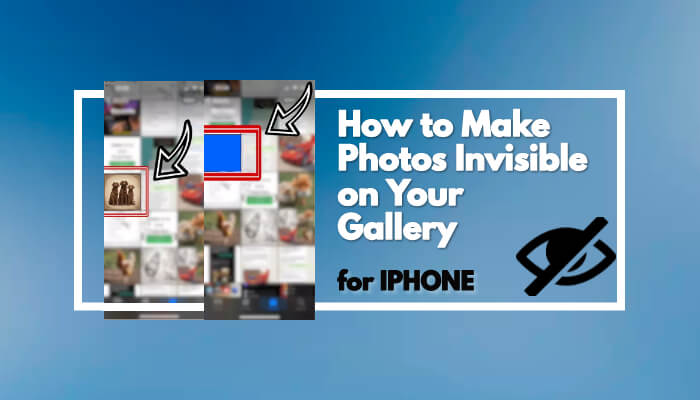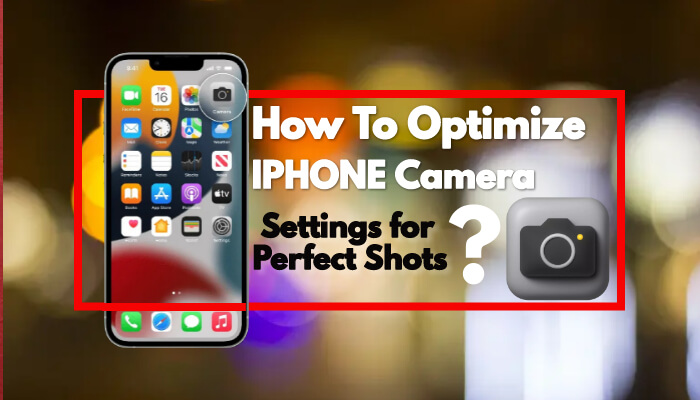Fb’s long term digital reality headsets must seize customers’ facial expressions for more realistic virtual avatars, says CEO Mark Zuckerberg.
In a podcast interview for The Tips, Zuckerberg expounded at the next decade in digital and augmented truth, together with long run Oculus VR units. “one in all the things that I’m truly eager about for long term versions is getting eye tracking and face monitoring in, because if you’re truly desirous about social presence, you wish to have to be certain that that the device has the entire sensors to actually roughly animate practical avatars so that you can communicate neatly like that,” Zuckerberg says.
“You wish to be sure that that the tool has all the sensors to animate realistic avatars.”Zuckerberg says hardware adjustments are an important center of attention for avatar-construction. In VR, “the most important things that we’re very focused on now are, how do you pack mainly more sensors to create a better social revel in into the tool,” he says. “While I Think about where you’re at with VR today, you go into the experience — there are a few lovely just right video games and other experiences. However I’d love to get to the purpose the place you have got realistic avatars of your self, where you'll make real authentic eye touch with someone and feature actual expressions that get mirrored in your avatar.”
Fb has launched more than one iterations of VR avatars, and Zuckerberg says a brand new technology of avatars is on its manner later this yr, with extra realistic versions past that. He compared his favored high quality with Epic’s MetaHuman software, which shall we animators produce extremely detailed digital faces — but he desires Fb to generate these forms of avatars via machine finding out at a big scale.
“We don’t assume that people are going to wish to get their head drilled open in order to use virtual or augmented fact.”Otherwise, The Ideas’s interview confirms a couple of recognized areas of passion for Fb. Zuckerberg indicates that Oculus is already envisioning “Quest THREE and 4” hardware — an indication that Fb is still devoted to the quest standalone VR design for the near long run. Facebook additionally has an active interest in augmented reality, with a couple of sensible glasses launching later this year, but Zuckerberg reiterates that they won’t have standard visual AR parts.
He also mentioned the Fb acquisition of CTRL-Labs, which makes armbands that stumble on and interpret neural signs — a partial alternative to invasive brain-laptop interfaces like Elon Musk’s Neuralink. “We don’t suppose that people are going to need to get their head drilled open in order to make use of digital or augmented truth,” Zuckerberg says. He notes that Neuralink has very real packages, specifically for clinical applied sciences like prosthetic limbs. “But ultimately, I don’t suppose that is going to be part of a consumer product that will get introduced every time soon.”







